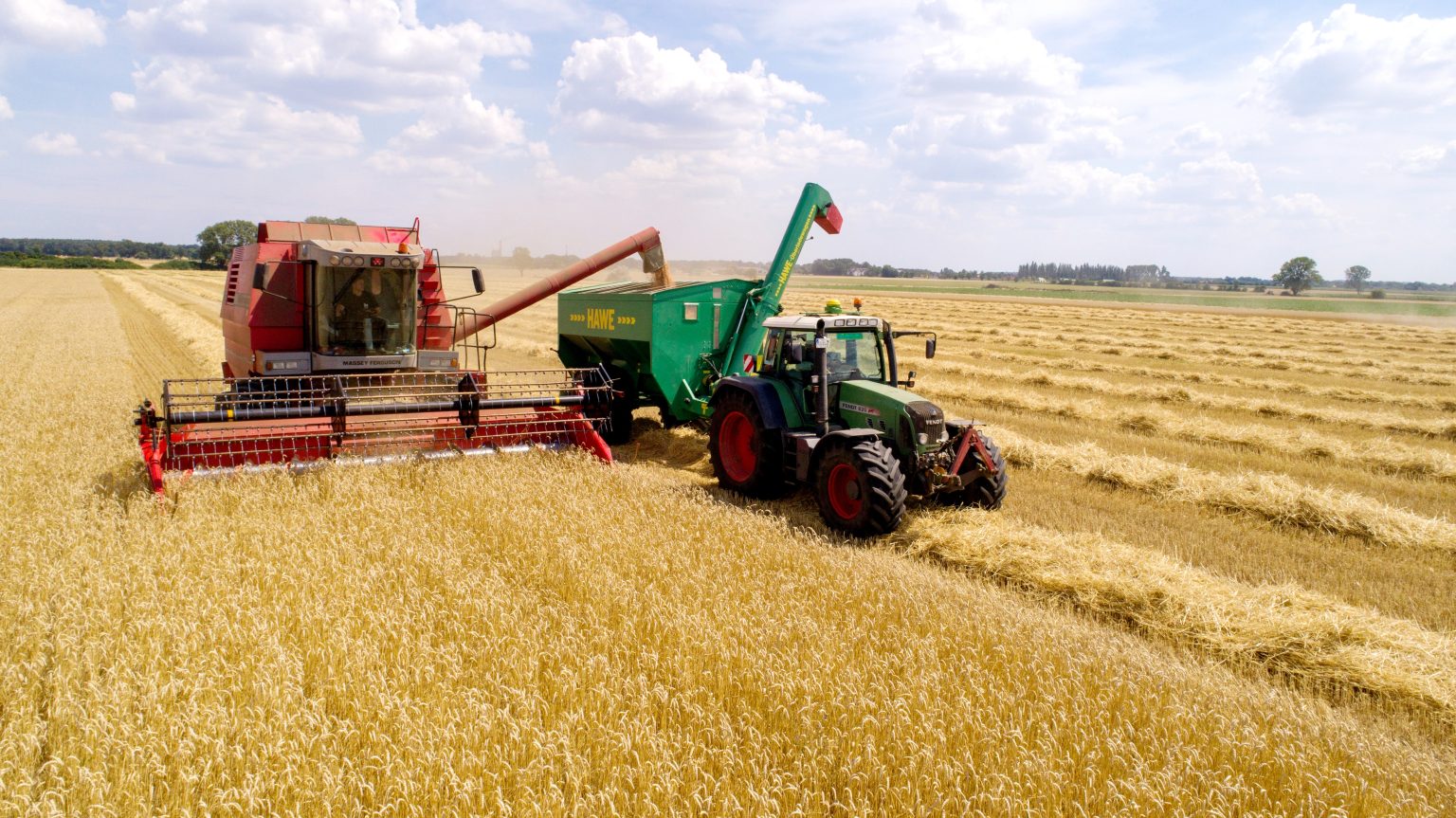Greece is known for its locally grown produce, but farmers are dissatisfied with an Integrated Pest Management (IPM) program they’ve been fighting for a decade, as well as European Union targets to reduce pesticide use.
According to EURACTIV, IPM is an ecosystem-based strategy that focuses on the long-term prevention of pests or their damage through a combination of techniques applied in a hierarchy to minimize chemical protections.
According to the site, the system is a key component of Greece’s 2020 National Action Plan for Pesticides, which emphasizes its importance in the country’s environmental and climate action.
According to an unnamed representative of the agricultural association of Paggaio, which works in the region of Kavala in northern Greece, the measures have contributed to the country’s success with IPM.
“Integrated pest management solved many problems in the crops and produced very satisfactory results,” the representative told the site, adding that farmers were generally pleased as long as it was tailored to the needs of Greek soils.
However, opposition persists, and Minister of Rural Development and Food Georgios Georgantas stated in a Parliament debate that Greece’s climate goals are linked to European Green Deal targets, as is Greece’s goal of reducing pesticide and fertilizer use by half by 2030.
Because of the national adoption of European targets, the list of pesticides permitted for use is constantly being updated, which means that those required for IPM are being replaced by biological pesticides or.
Alternatives to chemicals include biological pesticides made from natural materials such as animals, plants, bacteria, and certain minerals, which are increasingly being used in agriculture.
According to the Greek farmer representative, it is currently impossible to manage pests effectively with the biological tools currently available, resulting in yield losses, and the cost of pesticides has increased by 50% in three years.
